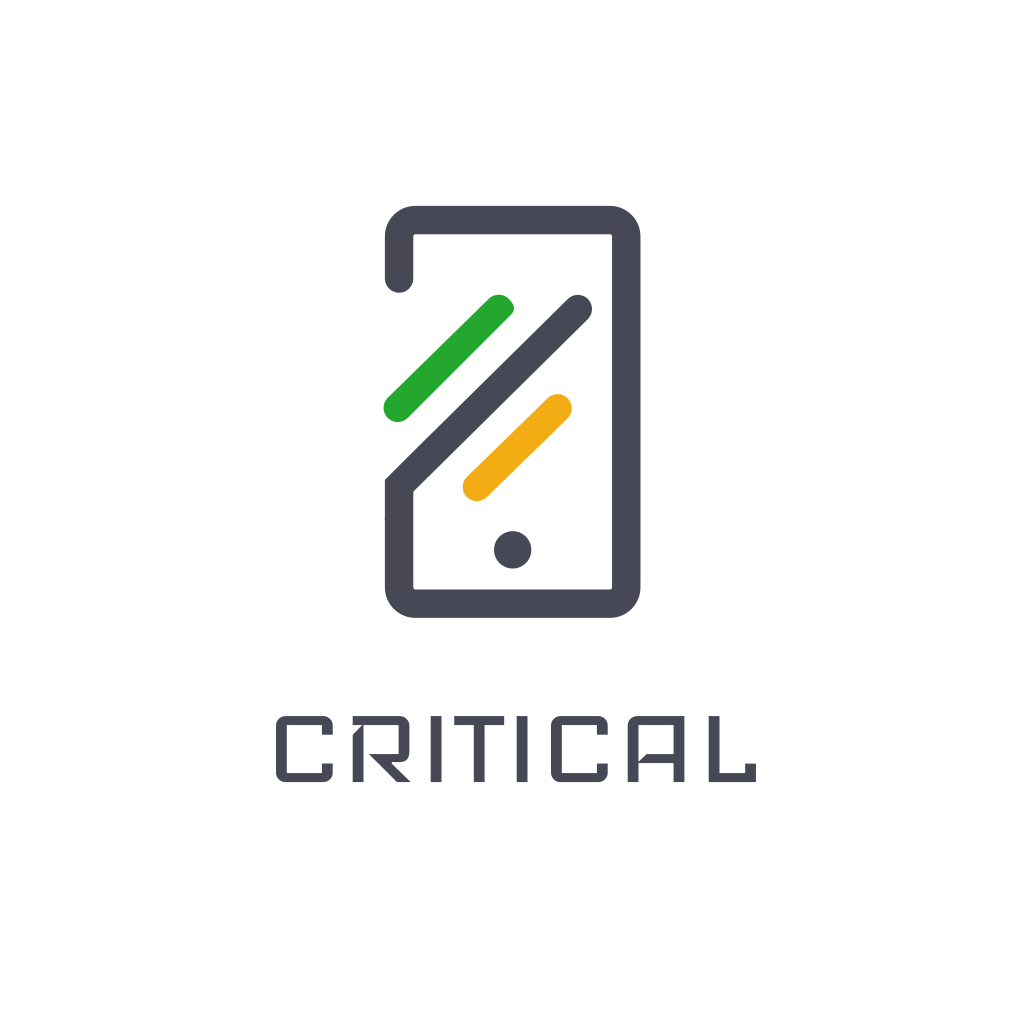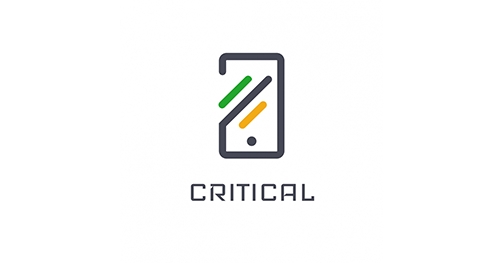The present connected society is full of promises but the online world also brings dangers related to cyberbullying, social exclusion, fraud, false information, and many other potential problems. In general population is aware of these risks, as outlined but a recent study from European Parliament on Cybersecurity, where an 86 % of Europeans feel increasingly exposed to the risk of falling victim to cybercrime. The same document states that, in some Member States, 50% of all committed crimes are cybercrimes.
But not only security is a risk to consider. The misinformation and generalization of the so-called fake news are beginning to be a serious problem, affecting all citizens, and representing an attack on the foundations of a democracy. The Eurobarometer from April 2018 confirmed that more than 85% of respondents think that the existence of fake news is a problem in their country, at least to some extent, and a similar proportion (83%) say that it is a problem for democracy in general.
But are adult Europeans able to identify and protect themselves from these risks? As a reference, only a 15% of respondents in the mentioned Eurobarometer felt very confident about being able to identify fake news; and according to the EC data, 44% of Europeans aged 16-74 do not have basic digital skills.
So those figures illustrate a context where adult people in general lack the ability to identify these issues and, furthermore, especially young adults are overly confident on their online and social media skills which leads them to adopt practices that are risky and uncritical of the received information. If not shown and convinced to adopt safe and critical approaches they will become passive recipients of “fake news”, unable to identify valid sources and easy preys of radicalisms and extremists’ discourses.
CRITICAL project is based on these founds and sets as main objective to work with and prepare trainers to help their students (adult learners) be prepared for the online world. This is done through the use of active learning methodologies whereby students engage in activities that develop critical thinking, creativity, problem solving, teamwork, collaboration, leadership, communication and others.
CRITICAL platform is the main output of this initiative that offers:
- A set of challenging activities to be solved by adult learners (with or without the support of a trainer/facilitator) build around several topics:
- Cybersecurity (identity theft/phishing/cyberstalking/online scams)
- Fake news/misinformation/disinformation/mal information/deep fake
- Cyberbullying
- Radicalism/Extremism
- Other - An online tool for trainers/facilitators, where they can accede the Trainer Guide Section, with guidelines, ideas and resources to be used with their learners.The platform also allows trainers to use the existing activities, modify and adapt them, or create their own ones.
- A Guide about Active Learning Methodologies with some basic references to those pedagogical approaches that will support them in creating the most successful and engaging activities for their learners.
- A complete search system to filter activities by topic, language, duration, or tags.

CRITICAL is open to any adult trainer, educator, facilitator or person interested in the topics of critical thinking and challenges/risks of online activity. If you want to be part of the testers team, and help us get the best version of the platform, contact us at info (@) mediacreativa.eu
More information about CRITICAL project at www.critical-project.eu
Follow us on Facebook and Instagram, on twitter checking the hashtag #criticalprojecteu
The project is led by Media Creativa (Spain), and counts with the key collaboration of Virtual Campus (Portugal), Drosostalida (Greece), Business Foundation for Education (Bulgaria) and Folkuniversitetet (Sweden).
Critical is a Strategic Partnership in the field of Adult Education, financed with the support of the Erasmus+ Programme. This publication reflects the views only of the author(s), and the Commission cannot be held responsible for any use which may be made of the information contained therein.
